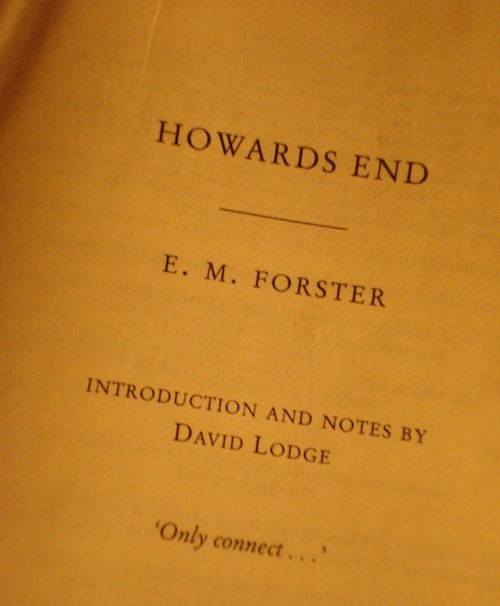I quite often hear myself saying to people “no, sorry – I don’t work on Fridays”. This isn’t true. I work full-time and that includes Fridays. What I mean is that I work at home on Fridays and so am not available for meetings. But it’s not a Freudian slip. I don’t stay at home on Fridays and potter around doing the laundry, drinking coffee, nipping out for a manicure, and answering the odd email. I really do work at home on Fridays.
One of the best things about life as an academic is the flexibility and freedom. I can (within reason) work on what I please (and can get funding for). I am primarily judged on outcomes and (within reason) it doesn’t really matter how or where I work, as long as I deliver. I can block out one full day a week of my diary ad infinitum and no-one has ever questioned it or suggested it might be inappropriate.
 |
| With two people working at it, we're lucky to have a big kitchen table |
I like working at home. I like that I can sleep instead of commute. I like that I can have the radio on whilst I work. I like that I can warm up some leftovers for lunch rather than have yet another cheese sandwich. I like that there is never another meeting in 35 minutes that means there’s no point in even starting the next big task I have to do.
But there is something about working at home that makes me feel guilty. Maybe a little guilty that not everyone has this luxury. A little guilty that when I’m working at home alone I am heating the kitchen just for lonely old me. But I think mostly guilty that perhaps I am somehow ‘working’ at home, rather than working at home, without noticing it.
The result is that I go into overdrive. I work and work. It is true that I might put on some laundry. But I often forget about hanging it out or stuffing it in the drier. When I work at work I aim to leave my desk by 5.30pm to get a run in before going home. Often this turns into 5.30pm for 6pm in a frightfully posh drinks party sort of way. But 6pm is the very latest. When I work at home, it’s more often 6.30pm for 7pm. And now it’s light in the evening, it can turn into something much later that only works because I can sleep in on Saturday.
My working at home guilt seems to primarily productivity-related. I have to work harder than normal to justify being at home. But I have heard others describe a presence-related working at home guilt. They feel they have to be somehow more available in their kitchen than in their office – answering emails as soon as they land, ever-ready on the end of the phone. To me this negates the benefit of the wide open time and space that working at home gives me to concentrate on big tasks. I can understand the sentiment, but this expression of the guilt would undermine why I continue to work at home. At least with my guilt I get something productive out being here at the kitchen table.
How does working at home work for you?
But there is something about working at home that makes me feel guilty. Maybe a little guilty that not everyone has this luxury. A little guilty that when I’m working at home alone I am heating the kitchen just for lonely old me. But I think mostly guilty that perhaps I am somehow ‘working’ at home, rather than working at home, without noticing it.
The result is that I go into overdrive. I work and work. It is true that I might put on some laundry. But I often forget about hanging it out or stuffing it in the drier. When I work at work I aim to leave my desk by 5.30pm to get a run in before going home. Often this turns into 5.30pm for 6pm in a frightfully posh drinks party sort of way. But 6pm is the very latest. When I work at home, it’s more often 6.30pm for 7pm. And now it’s light in the evening, it can turn into something much later that only works because I can sleep in on Saturday.
My working at home guilt seems to primarily productivity-related. I have to work harder than normal to justify being at home. But I have heard others describe a presence-related working at home guilt. They feel they have to be somehow more available in their kitchen than in their office – answering emails as soon as they land, ever-ready on the end of the phone. To me this negates the benefit of the wide open time and space that working at home gives me to concentrate on big tasks. I can understand the sentiment, but this expression of the guilt would undermine why I continue to work at home. At least with my guilt I get something productive out being here at the kitchen table.
How does working at home work for you?







